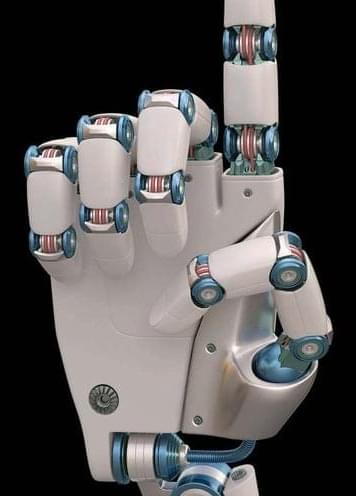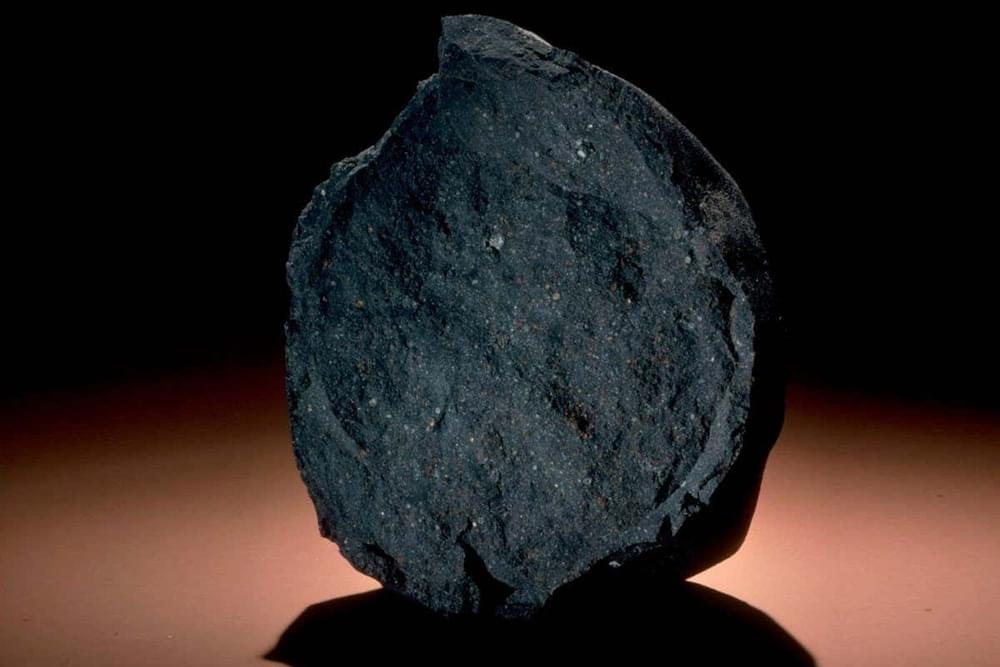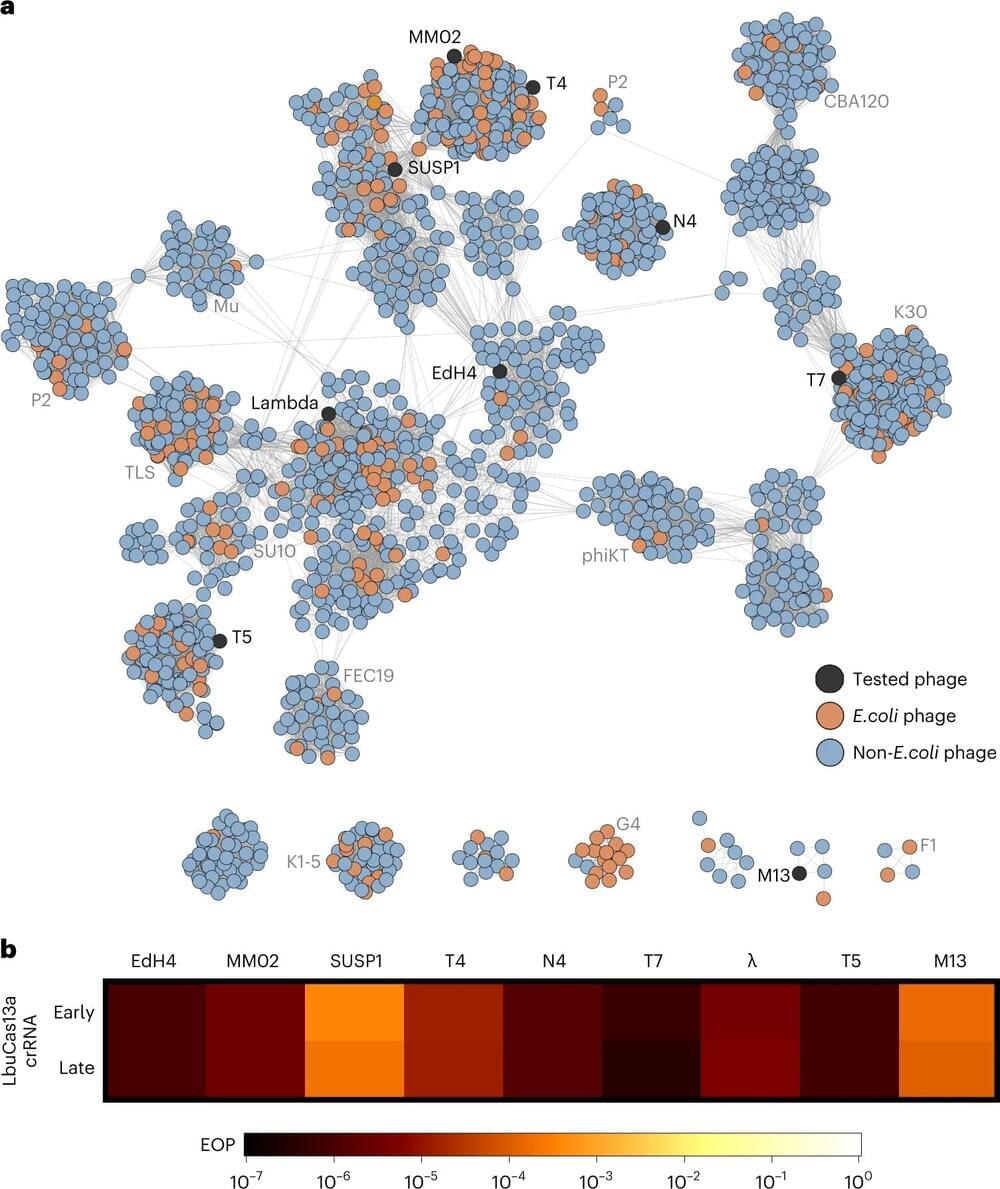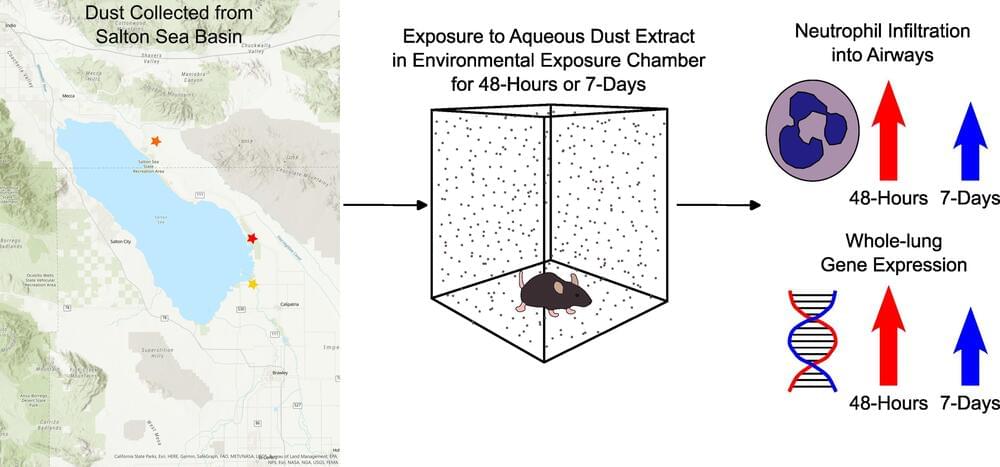How do you teach a new robot old tricks?



Here’s an interesting thought. What if you were told that everything in your life has already been planned out?
Even stranger, what if your past, present, and future are all happening right at this moment?
An astonishing new theory known as the “block universe” theory claims that time does not actually “flow like a river”, but rather, everything is ever-present.


This type of gamma ray burst (GRB) is thought to occur when a massive star explodes in a supernova, leaving behind a black hole. The explosion creates an extraordinary jet of light which makes up the GRB itself, and then the supernova causes a dimmer afterglow. This particular GRB appears so bright partially because it is about 2.4 billion light years away from Earth, making it one of the closest GRBs ever spotted in addition to being the brightest.
“If we look at all of the gamma ray bursts that have been detected, this one stands apart,” says Jillian Rastinejad at Northwestern University in Illinois. “Informally, we’ve been calling it the BOAT – the brightest of all time.” She and her colleagues calculated that a GRB this bright is expected to occur only once every thousand years or so.


CRISPR, the Nobel Prize-winning gene editing technology, is poised to have a profound impact on the fields of microbiology and medicine yet again.
A team led by CRISPR pioneer Jennifer Doudna and her longtime collaborator Jill Banfield has developed a clever tool to edit the genomes of bacteria-infecting viruses called bacteriophages using a rare form of CRISPR. The ability to easily engineer custom-designed phages —which has long eluded the research community —could help researchers control microbiomes without antibiotics or harsh chemicals, and treat dangerous drug-resistant infections. A paper describing the work was recently published in Nature Microbiology.
“Bacteriophages are some of the most abundant and diverse biological entities on Earth. Unlike prior approaches, this editing strategy works against the tremendous genetic diversity of bacteriophages,” said first author Benjamin Adler, a postdoctoral fellow in Doudna’s lab. “There are so many exciting directions here—discovery is literally at our fingertips.”

After recombining the superposed photons by sending them through another crystal, the team measured the photon polarization across a number of repeated experiments. They found a quantum interference pattern, a pattern of light and dark stripes that could exist only if the photon had been split and was moving in both time directions.
“The superposition of processes we realized is more akin to an object spinning clockwise and counter-clockwise at the same time,” Strömberg said. The researchers created their time-flipped photon out of intellectual curiosity, but follow-up experiments showed that time flips can be paired with reversible logic gates to enable simultaneous computation in either direction, thus opening the way for quantum processors with greatly enhanced processing power.
Theoretical possibilities also sprout from the work. A future theory of quantum gravity, which would unite general relativity and quantum mechanics, should include particles of mixed time orientations like the one in this experiment, and could enable the researchers to peer into some of the universe’s most mysterious phenomena.

The concept of ‘anti-realism’ is widely seen as a fact of life for many physicists studying the mysterious effects of quantum mechanics. However, it also seems to contradict the assumptions of many other fields of research. In his research, Dr William Sulis at McMaster University in Canada explores the issue from a new perspective, by using a novel mathematical toolset named the ‘process algebra model’. In suggesting that reality itself is generated by interacting processes more fundamental than quantum particles, his theories could improve researchers’ understanding of fundamental processes in a wide variety of fields.
The concept of ‘locality’ states that objects and processes can only be influenced by other objects and processes in their immediate surroundings. It is a fundamental aspect of many fields of research and underpins all of the most complex systems we observe in nature, including living organisms. “Biologists and psychologists have known for centuries that the physical world is dominated by processes which are characterized by factors including transformation, interdependence, and information”, Dr Sulis explains. “Organisms are born, develop, continually exchange physical components and information with their environment, and eventually die.”
Beyond biology, the principle of locality also extends to Einstein’s theory of special relativity. Since the speed of light sets a fundamental speed limit on all processes in the universe, the theory states that no process can occur if it has not been triggered by another event in its past, at a close enough distance for light to travel between them within the time separating them. In general, these theories are unified by a concept which physicists call ‘realism’. Yet despite this seemingly intuitive rule, physicists have increasingly come to accept the idea that it doesn’t present a full description of how all processes unfold.

The Salton Sea, the body of water in Southern California’s Coachella Valley and Imperial Valley, is shrinking over time as the planet warms and exposing more lakebed and new sources of dust in the process. High levels of dust already plague the region, a situation likely to worsen as the sea continues to shrink due to climate change.
Not surprisingly, the communities surrounding the Salton Sea have high rates of childhood asthma (20–22.4%)—much higher than the California average of 14.5%.
A University of California-Riverside (UCR) mouse study, led by Dr. David Lo, a distinguished professor of biomedical sciences in the School of Medicine, has found that dust collected at sites near the Salton Sea triggered lung neutrophil inflammation in mice. Neutrophils are a type of white blood cells that help fight infection.

Check out the on-demand sessions from the Low-Code/No-Code Summit to learn how to successfully innovate and achieve efficiency by upskilling and scaling citizen developers. Watch now.
Since OpenAI launched its early demo of ChatGPT last Wednesday, the tool already has over a million users, according to CEO Sam Altman — a milestone, he points out, that took GPT-3 nearly 24 months to get to and DALL-E over 2 months.
The “interactive, conversational model,” based on the company’s GPT-3.5 text-generator, certainly has the tech world in full swoon mode. Aaron Levie, CEO of Box, tweeted that “ChatGPT is one of those rare moments in technology where you see a glimmer of how everything is going to be different going forward.” Y Combinator cofounder Paul Graham tweeted that “clearly something big is happening.” Alberto Romero, author of The Algorithmic Bridge, calls it “by far, the best chatbot in the world.” And even Elon Musk weighed in, tweeting that ChatGPT is “scary good. We are not far from dangerously strong AI.”